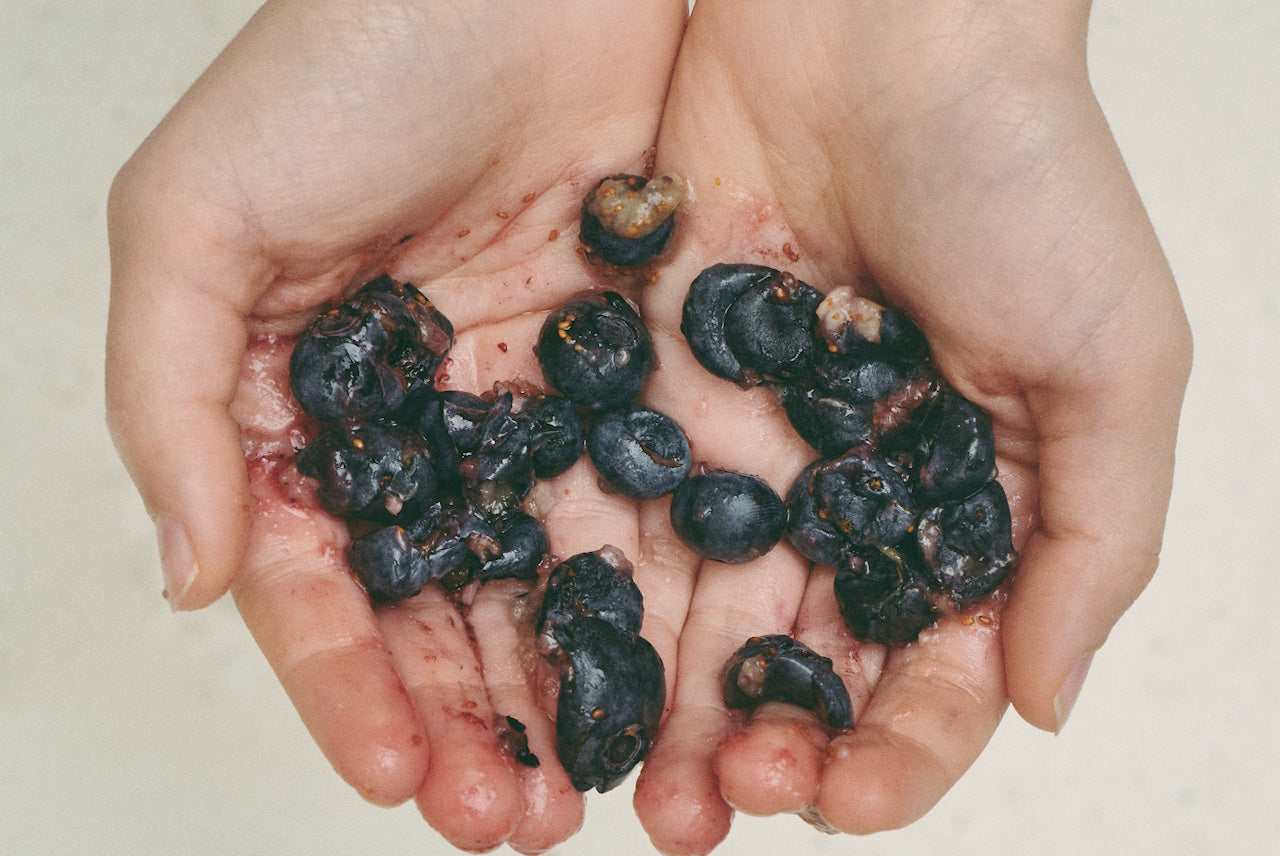Nutrition for Breastfeeding: What New Mothers Really Need
Becoming a mother changes everything. Your body, your hormones, your energy, and the way you feel day to day. And while every woman’s experience is different, one thing is the same for all: your body is working incredibly hard, and it needs real nourishment to keep up.
At The Wholesome Co, we want to make this transition feel clearer and more doable. So we've put together a simple guide of what’s actually happening with your hormones, and how to support yourself with simple, steady nutrition.
What Happens to Your Hormones After Birth
The moment your baby arrives, your hormones shift fast:
- Estrogen and progesterone drop sharply, which can feel a lot like menopause
- Prolactin rises to support breast milk production
- Oxytocin increases, helping bonding and emotional connection
- Cortisol can spike, especially with interrupted sleep and recovery
This combination can create emotional highs and lows, fatigue, nutrient depletion, and that feeling of being both in love and overwhelmed. It's completely normal, but incredibly demanding on the body.
Your goal?
Support your recovery, your milk supply, your mood, and your energy with the right nourishment, consistently.
Nutrition That Supports Breastfeeding
Here’s the simple guide to what your body actually needs right now:
One: Prioritise Protein
Breastmilk is protein-rich, so your needs go up. Protein helps to:
- stabilise blood sugar
- support hormone balance
- boost energy and mood
- nourish recovery
Aim for 20–30g at each meal, plus protein-rich snacks.
Great options: eggs, salmon, tempeh, hemp seeds, grass-fed beef, chicken — or a scoop of our Balance Protein.
Two: Watch for Nutrient Depletion
Low iron is extremely common postpartum.
Support yourself with:
- dark leafy greens
- chickpeas
- good quality red meat
Three: Hydrate (more than you think)
Hydration is essential for breastmilk supply and energy. If plain water is hard to keep up with, try adding in these liquids to help keep your hydration levels optimal:
- coconut water
- herbal teas
- bone broth
- vegetable juices
Four: Don’t Cut Calories
Breastfeeding increases your energy demands. You need roughly 500 extra nutrient-dense calories a day, so nourishment is non-negotiable. Restricting food will:
- lower your mood
- reduce milk supply
- increase fatigue
- worsen hormonal imbalance
Five: Vitamins A, C & E for Recovery and Milk Quality
These postpartum powerhouses help with wound healing, skin repair, collagen production, and milk quality.
Vitamin A: liver, carrots, kale, sweet potato
Vitamin C: kiwi, broccoli, oranges, papaya
Vitamin E: avocado, almonds, sunflower seeds
Foods That Naturally Support Milk Supply
Oats: A powerful galactagogue rich in iron and B vitamins
Brewer’s Yeast: Boosts energy and supports milk secretion
Fennel: Its phytoestrogens help stimulate milk production
Apricots: High in tryptophan to support prolactin levels
Almonds: Healthy fats, protein, calcium, vitamin E
Alfalfa: A mineral-rich herb that supports supply and recovery
Sunflower Seeds: Lecithin helps prevent clogged ducts
Blends to Support Breastfeeding (Made Simple)
You don’t need ten supplements. You need the right ones.
Made with oats, alfalfa, Schisandra, Tulsi and wholefood vitamins to support milk supply, boost nutrient stores, balance mod and stress and nourish your nervous system.
A clean daily nutrient lift with collagen and supergreens to support energy, immunity, recovery, protein needs and gut health.
A simple, daily ritual that helps you feel energised, stronger, and more supported through early motherhood.
Learn more about supporting your hormones in our blog post here.
Read more

How Gut Health Impacts Hormonal Balance Most women look to their hormones when symptoms flare like acne, PMS, bloating, mood dips, but the real root cause often starts somewhere else entirely: your...

Acne, PMS & Bloating. What do they all have in common? They might seem like totally different symptoms, but if your skin’s breaking out, your mood’s tanking, and your jeans suddenly feel tight ...


